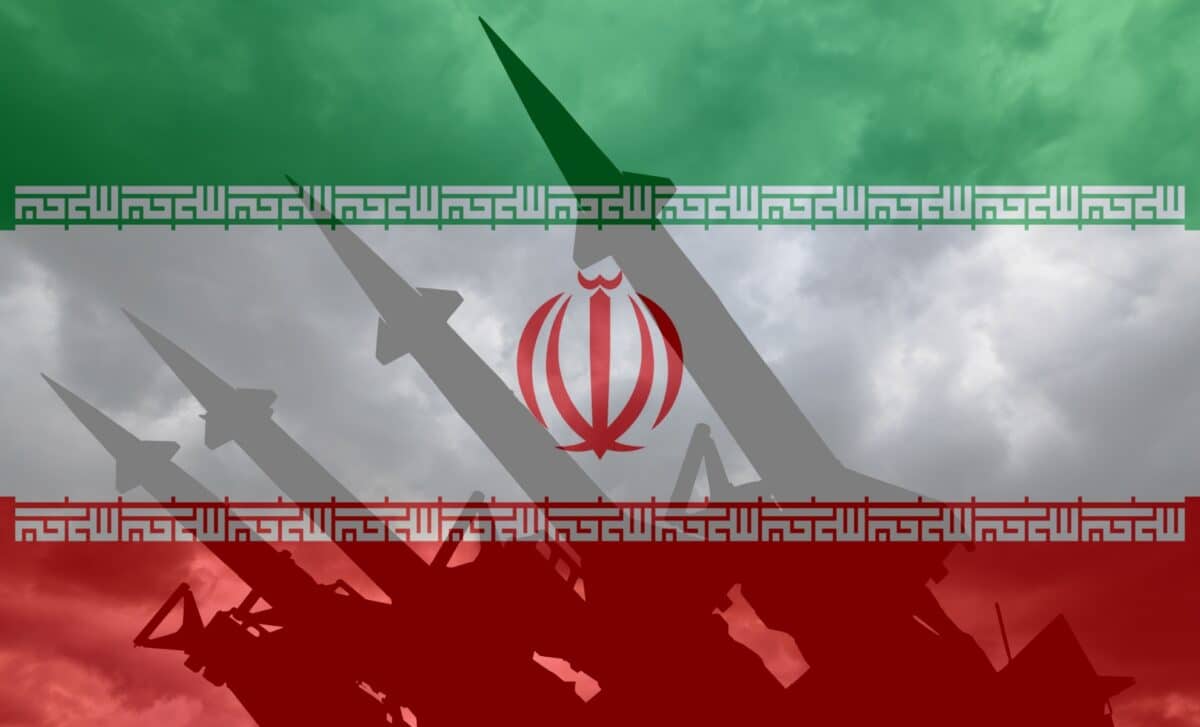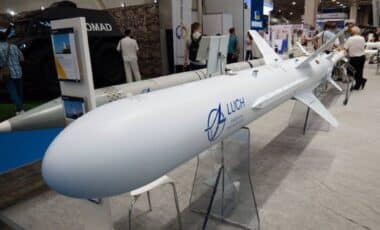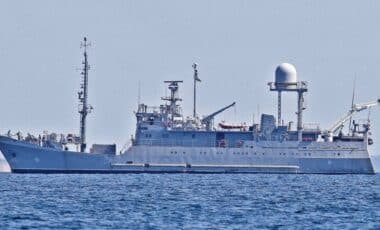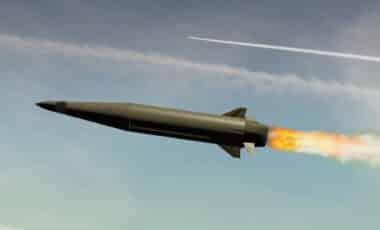Iran is reportedly importing thousands of tons of missile fuel materials from China, a move that signals the country’s renewed military ambitions and complicates its already strained relationship with the United States. According to a recent report from The Wall Street Journal, the shipment includes ammonium perchlorate, a key material for producing solid-fuel ballistic missiles, which could potentially enable the production of up to 800 missiles.
This development marks a significant step in Iran’s efforts to rebuild its military capabilities, which had been weakened by Israeli strikes targeting its missile production facilities and regional proxies. The move also deepens Iran’s ties with China, a country already facing mounting pressure from the US, creating a tense dynamic that further complicates the fragile nuclear diplomacy between Tehran and Washington, reports Newsweek.
China Tests New Bomb, Achieves Explosion 15 Times Longer Than Normal
Iran’s Missile Fuel Procurement
The shipment from China, reported to include large quantities of ammonium perchlorate, is crucial for Iran’s missile production capabilities. This chemical oxidizer is used in the production of solid-fuel ballistic missiles, which are integral to Tehran’s defense strategy. The material, expected to arrive in several phases, could enable the construction of hundreds of missiles, with each phase further signaling Iran’s commitment to fortifying its missile program. The deal has not been officially confirmed by Iranian authorities, but reports from sources like The Wall Street Journal suggest the scale of the operation.
This procurement is particularly important given the setbacks Iran has faced in its missile program due to Israeli airstrikes. These attacks targeted critical infrastructure across Syria, Lebanon, and Yemen, severely disrupting Tehran’s missile production capabilities. Despite these challenges, Iran’s continued pursuit of missile technology underscores its determination to restore its military strength and maintain influence in the region.
Strained US-Iran Relations
The growing military ties between Iran and China come at a time of heightened tensions between Iran and the United States. In recent months, the US has placed sanctions on both Iranian and Chinese individuals and entities involved in procuring missile propellant materials. Washington’s concerns are amplified by the ongoing nuclear negotiations between the two countries, which have so far yielded little progress.
The US has made it clear that any future deal with Iran must include limitations on Tehran’s missile program, but the importation of missile fuel from China complicates these discussions. According to reports, US diplomats have urged Iran to accept a nuclear proposal, calling it “in their best interest,” but Tehran has so far not agreed to the terms. As both sides continue to engage in delicate diplomacy, the missile fuel shipment could serve to heighten the already difficult dialogue.
Regional and Global Implications
The development of Iran’s missile program, particularly with the support of China, carries significant regional and global consequences. Iranian missile capabilities have long been a point of contention, particularly with Israel, which has taken steps to prevent Iran from gaining a military edge. The missile fuel shipment is expected to further exacerbate the already volatile situation, with potential ramifications for Iran’s relationships with other regional actors and the broader Middle East.
Additionally, the shipment raises questions about the broader geopolitical dynamics between China, Iran, and the US. As China faces its own set of challenges with the US, including a trade war and accusations of espionage, its support for Iran could be seen as an attempt to counterbalance American influence in the Middle East. This growing alliance between China and Iran signals a shift in the power dynamics of the region, where both nations are increasingly united in the face of US pressure.








